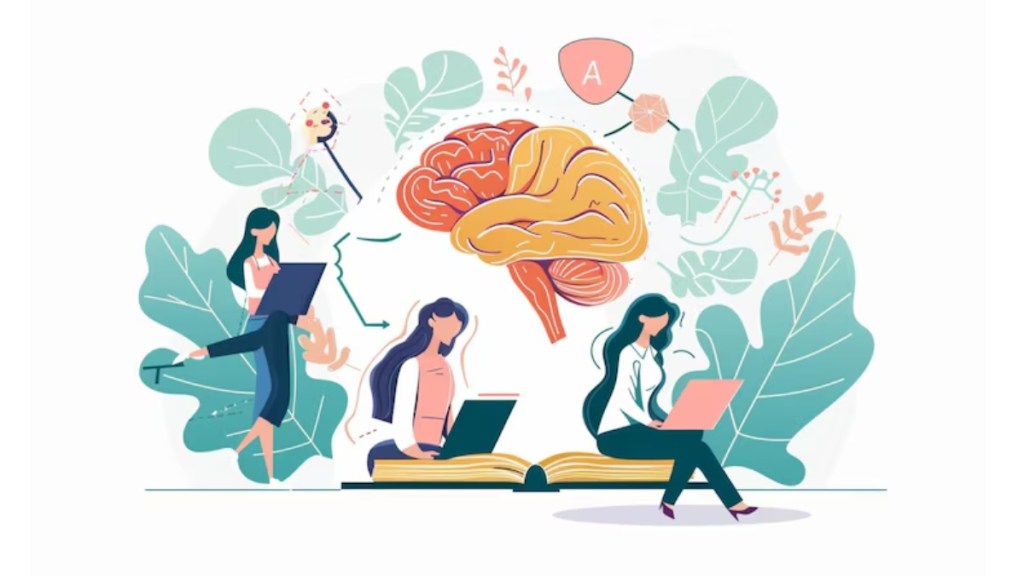Shivani Priyaa, business head of Oda class shares her thoughts on the opportunities and challenges of the education system in India with FE Education Online.
What is the best thing about today’s education system?
Today’s education system boasts several favourable attributes. One of the most commendable aspects is its increasing emphasis on personalised learning experiences. With advancements in technology and teaching methodologies, educators can tailor their approach to cater to individual student needs, preferences, and learning styles. This customization fosters a more inclusive and engaging learning environment, where students can thrive and reach their full potential. Another notable strength of today’s education system is its emphasis on fostering critical thinking skills and creativity, preparing students to navigate an increasingly complex and dynamic world.
What is the one thing you would like to change in the system?
Making quality education from Top notch education accessible and affordable to every student. Best Educators prioritise more holistic approaches to education that not only focus on academic achievement but also on nurturing students’ mental health and emotional well-being. This could involve implementing comprehensive support systems and resources to address the mental health needs of students, creating environments that foster open communication and destigmatize seeking help when needed. By prioritising the holistic development of students, we can create a more supportive and inclusive educational experience that equips them with the resilience and skills necessary for success in all aspects of their lives.
What is the role digital has played in the evolution of the education system?
The digital revolution has profoundly transformed the education system, revolutionising how knowledge is accessed, disseminated, and applied. Digital technology has expanded access to education, breaking down geographical barriers and providing opportunities for remote learning. Moreover, digital technology has revolutionised assessment methods, offering instant feedback, data-driven insights, and adaptive testing, enabling educators to tailor instruction to student progress effectively.Overall, digital technology has been instrumental in democratising education, enhancing learning outcomes, and preparing students for success in the digital age.
What has been the disadvantage of digital in education?
While it’s true that every revolution brings about both positive and negative aspects, it’s crucial to acknowledge and address the disadvantages to ensure that the benefits of the revolution can be maximised while mitigating any potential harm.By focusing on the positives, we can harness the transformative power of digital technology to enhance education, increase access, and improve learning outcomes. Improving digital reach, particularly in rural areas, is crucial for ensuring equitable access to education and bridging the digital divide. Rural communities often face challenges such as limited internet infrastructure, lack of access to affordable devices, and lower levels of digital literacy, which can hinder their ability to fully participate in digital learning opportunities.
What is the career advice you would like to give to students?
For Generation Alpha students, who are growing up in a rapidly evolving digital landscape, here are some career advice tips to consider:
a. Explore your interests-Take the time to explore different subjects, hobbies, and activities to identify your interests and passions. Your career is more likely to be fulfilling and enjoyable if it aligns with what you love to do.
b. Set Clear Goals: Define your career goals and objectives early on, but remain open to new opportunities and experiences. Setting clear goals can help you stay focused and motivated as you work towards achieving them.
c. Build Your Skills: Continuously work on developing both technical and soft skills that are essential for success in your chosen field. This could include communication, problem-solving, critical thinking, teamwork, adaptability, and digital literacy.

